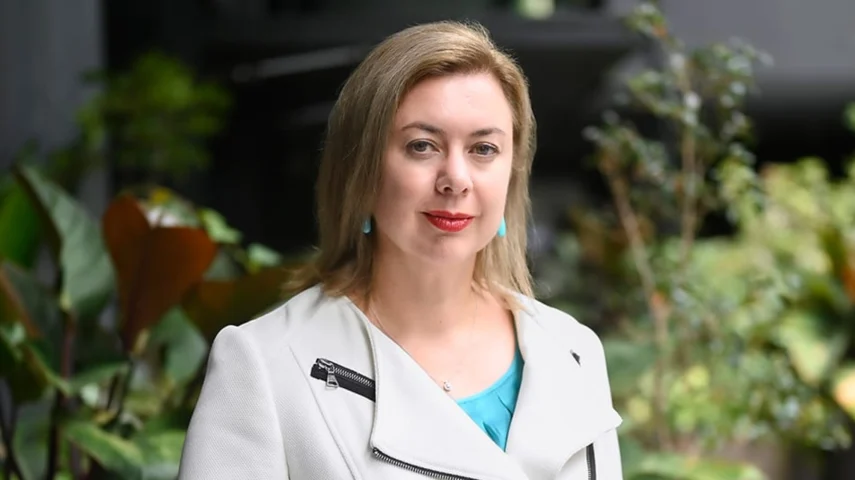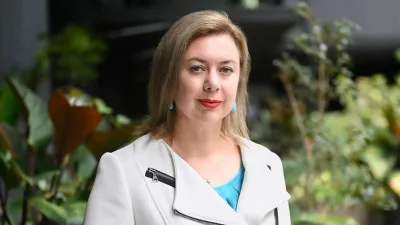Industry fearful of CSLR cost prompting shift to wholesale advice



The FAAA is hopeful the education and experience pathway deadline will be the “last big thing” that could cause an adviser exodus but concern now turns to the financial impact of the CSLR.
Speaking at the FAAA annual congress in Perth, chief executive Sarah Abood and chair David Sharpe discussed the ever-present and changing deadlines which impact advisers and have a subsequent knock-on effect of causing an adviser exodus.
The latest is the education requirements and experience pathway which advisers need to meet by 31 December. Current estimates state as many as 2,800 advisers could leave the industry if they fail to update their Financial Adviser Register (FAR) records in time.
By the end of 2025, financial advisers who wish to continue operating are required to meet either the experience or education requirements. Those advisers who fail to do so and are still named on the FAR on 1 January will be required to not only complete the education requirements but also undergo the professional year (PY).
Asked by Money Management whether there will be subsequent deadlines beyond this, Abood was hopeful this will be the last for now.
“I do think this legislation will be the last big event. There is nothing else on the horizon, as far as I’m aware, that has the potential to cause another exodus of advisers from a legislative point of view.”
Unfortunately, just because there were no registration deadlines, this did not mean adviser numbers could not be affected by a different factor with the organisation now concerned about rising costs of the Compensation Scheme of Last Resort (CSLR).
Unlike personal financial advice, advice provided under a wholesale remit is excluded from the CSLR.
It was announced the initial levy estimate for FY27 will be $137.5 million. As with prior CSLR estimates, the financial advice subsector is set to bear the lion’s share of the cost at $126.9 million – $106.9 million above the subsector cap.
Across the subsectors, there are a total of 912 claims in the FY27 estimate – 841 of which fall under the financial advice banner. As the expected amount for the personal financial advice sub-sector will exceed the $20 million cap, a revised estimate will be completed in June 2026 that will allow the CSLR to request a special levy for the FY27 period after 1 July 2026.
Abood said: “Our concern turns to CSLR costs instead. We know a portion of the people who are leaving our sector are moving to wholesale advice instead because there is very little regulation and very little consumer protection.
“It is much cheaper and easier to give wholesale advice, so it would be pretty disappointing if the outcome of the CSLR was that it drove advisers out of an environment where consumers do have protection into one where they have no protection.
“The other thing that worries is the spiralling, this next time year we could be down to 14,460 advisers so even if the cost of the CSLR doesn’t go up, the cost per adviser does, and that’s another disincentive to new advisers. So, some advisers may think ‘it’s green grass on the other side of the fence’ and move to wholesale advice and that would be a terrible outcome.”
Recommended for you
Invest Blue’s managing director says the firm is aiming to implement responsible private market access to its retail clients following the launch of its SMA last month.
After launching its digital advice offering earlier this year, AMP has announced the next phase of its strategy, providing its users with more personalised guidance.
Advice firms are increasing their base salaries by as much as $50k to attract talent, particularly seeking advisers with a portable book of clients, but equity offerings remain off the table.
MLC Expand has appointed retirement specialist Andrew Long to work with advisers and licensees and drive growth for its recently launched retirement solution.












